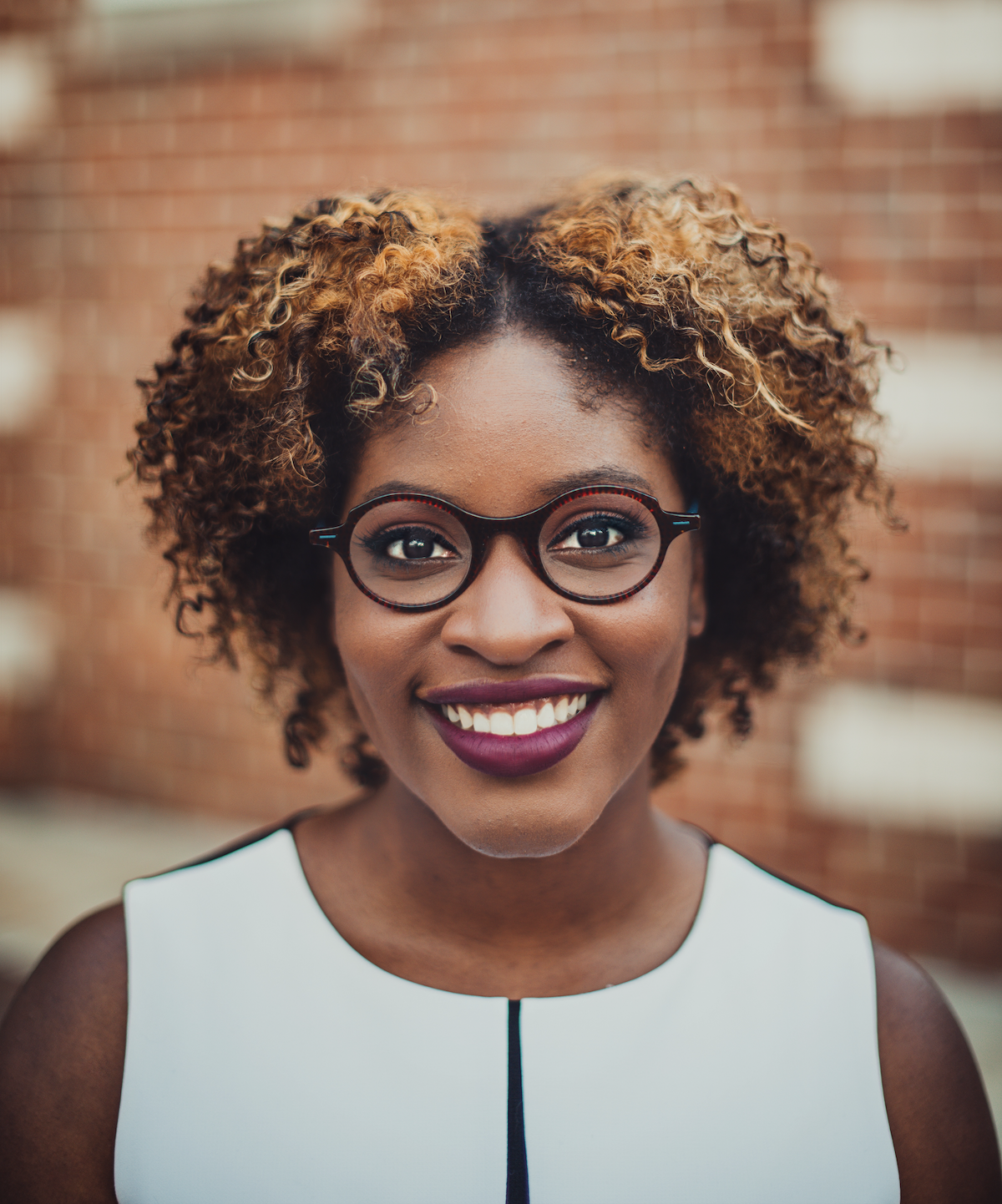
Ranthony A.C. Edmonds
Where are you from?
I was born in Birmingham, Alabama but I was raised in Lexington, Kentucky. I attended the School for the Creative and Performing Arts at Bluegrass (SCAPA) from the 4th to 8th grade as a creative writing major, and my experiences there solidified my passion for the arts, creative expression, and communication. I did not view this as distinct from mathematics, to me math was like logical poetry.
As an undergraduate, I earned dual degrees in English and Mathematics from the University of Kentucky in 2011. From there I went on to earn my Master’s degree in Mathematical Sciences at Eastern Kentucky University in 2013 and my Ph.D. in Mathematics in 2018 from the University of Iowa.
Please describe an experience (or 2) that helped you discover/cultivate your interest in the mathematical sciences.
My interest in math was cultivated by my passion for teaching it to others as a peer tutor in college. I found teaching to be a creative outlet to explore different ways to communicate mathematics, and the desire to teach more effectively motivated me to learn mathematics at a deeper level.
For a more detailed history of this sentiment, I left my performing arts program to attend a STEM magnet program for high school, yet I was dismissed from this program after my freshman year of high school due to low grades in my math courses. I took this as a sign that even though I loved math it did not seem to love me back. Though I continued to take advanced math courses, I entered college with plans to become a doctor.
My first campus job as a sophomore was as a math peer tutor. Eventually, I realized that I did not want to become a physician after all, and when I considered what other career options I might have, I reflected on the fact that leading these study groups was consistently the highlight of my week. I took a leap of faith and switched my major to Math and English and began taking Calculus 1 the second semester of my junior year!
Because I declared my major in mathematics so late, I never truly felt part of any sort of mathematical community as an undergraduate. Shortly after graduating college, I saved and attended my first math conference (MAA MathFest 2011) where I learned about the EDGE program and about the doctoral program at The University of Iowa. The relationships I formed when I eventually participated in EDGE in 2013 and subsequently at the University of Iowa where I earned my Ph.D. in 2018 have been invaluable in my mathematical journey to date.
What is/are your most proud accomplishment(s) in regards to your career in the mathematical sciences?
My career mission is to increase access to mathematics for Black Americans and other members of minoritized groups in the mathematical sciences and to facilitate the training of future STEM leaders that recognize the value of service as a part of science. With this framework in mind, I am most proud of my professional efforts as a postdoc to foster inclusive classroom environments, to amplify the work and stories of mathematicians from minoritized backgrounds, and to cultivate connections between local communities and the academe. Some current manifestations of this include the following:
(1) I co-developed the first service-learning course for the Department of Mathematics at The Ohio State University (OSU) entitled Intersections of Mathematics and Society: Hidden Figures, which was inspired by the Hidden Figures text by Margot Shetterly that inspired an award-winning film of the same name. In the course we discuss the mathematics underpinning the Space Race, and pair our students with local STEM leaders from underrepresented backgrounds to learn about career options with quantitative training outside of academia.
(2) Work on this course led to an interest in the “hidden” stories of Black mathematicians at Ohio State. I was recently awarded a grant from OSU’s inaugural Seed Fund for Racial Justice, where I will lead an interdisciplinary team of OSU personnel along with our community partners, the National Afro-American Museum and Cultural Center (NAAMC) of the Ohio History Connection, and the National Math Alliance, in the first comprehensive study of Black mathematicians at a single US institution.
(3) I am a part of a large grassroots effort to collect and analyze data related to communities of interest throughout the state of Ohio. I am excited to use mathematical data science to amplify the voices of marginalized communities throughout this state and maximize opportunities for fair maps during the 2021 redistricting process. (I should note this project is the result of another leap of faith, broadening my research program as a postdoc to include applications of algebraic topology to data analysis.)
What is/are your most proud accomplishment(s) in regards to your personal life?
The best decision I have made to date was marrying my husband Joshua Edmonds on the Ultimate Pi Day (3-14-15). There was pie (and cake) and we did a special dance at the reception at 9:26 pm.
Please share some words of wisdom/inspiration.
I spent a great deal of my formative years waiting for someone to tell me that I was ‘good’ enough to be a mathematician. I often made the mistake of comparing myself to classmates who just seemed to ‘get it’ in ways that I did not, and I worried that I could never catch up. If you find yourself discouraged or have convinced yourself that you don’t have the right background to pursue potential opportunities, do not give up before you even begin. It is okay if your path is ‘unconventional.’ Start where you are, and then go from there. Dream big!
